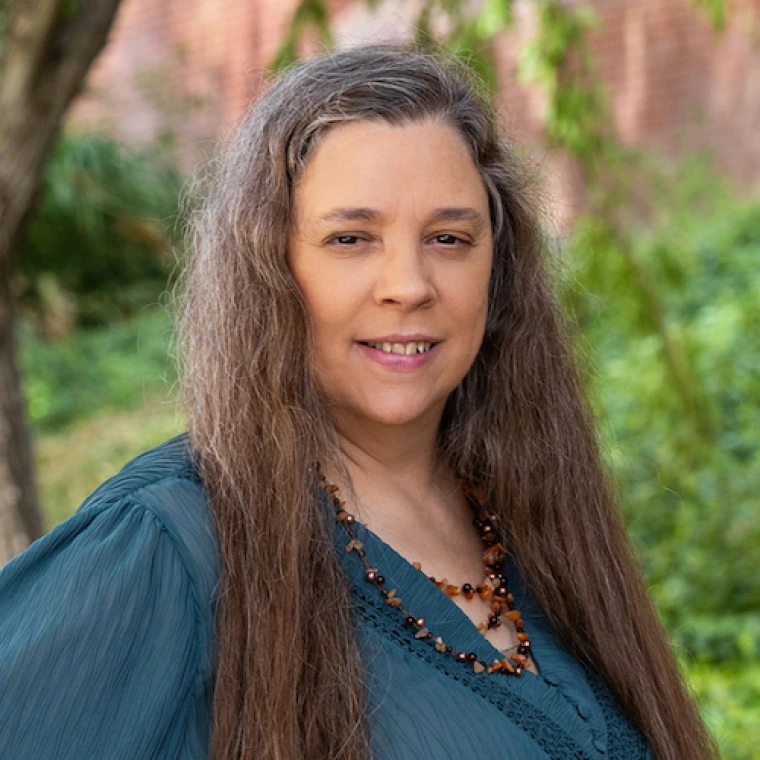Melanie McKay-Cody, PhD

2025 Early Career Scholar Award
Dr. Melanie McKay-Cody, a Deaf woman with Cherokee, Shawnee, Powhatan, and Montauk heritage and assistant professor in the Department of Disability & Psychoeducational Studies in the College of Education, is one of the few scholars working to revive endangered languages, preserving cultural histories among marginalized groups. She is the only Deaf researcher specializing in North American Indian/Indigenous Sign Language (NAISL) in the nation, dedicating her life to its revitalization. As co-founder of Turtle Island Hand Talk, she leads transformative change within Indigenous Deaf communities. Her nationally recognized work enhancing the multicultural understanding of deaf education and culture has provided critical information to education communities, leaving a lasting impact.
Dr. McKay-Cody earned her doctoral degree in linguistic and socio-cultural anthropology at the University of Oklahoma. She has studied critically-endangered Indigenous Sign Languages in North America since 1994 and helps different tribes preserve their tribal signs. She specialized in Indigenous Deaf studies and interpreter training incorporating Native culture, North American Indian Sign Language and American Sign Language (ASL). She is also an educator and advocate for Indigenous interpreters and students in educational settings. Besides, North American Indian Sign Language research, she has taught ASL classes in several universities, schools and communities. She is one of eight founders of Turtle Island Hand Talk, a group focused working collaboratively to provide services and advocacy for Indigenous Deaf and DeafBlind people.
Dr. McKay-Cody works together with this and other non-profit organizations and community groups to use her expertise to help schools, museums, Tribal nations, and colleges and universities develop educational materials that address Indigenous Deaf history, culture, and current needs.

